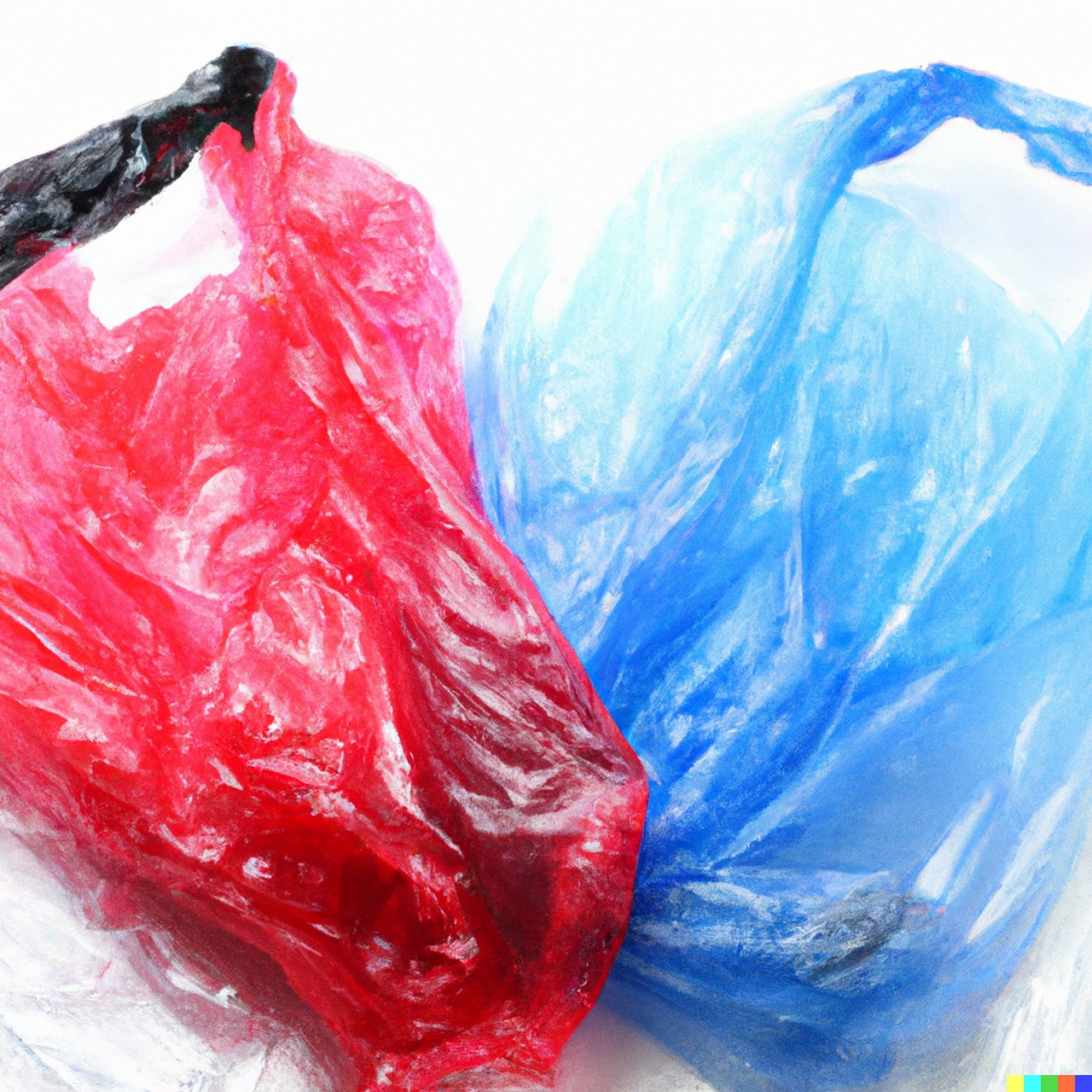The question of whether to ban plastic has become increasingly important in recent years. Plastic use is pervasive in modern society, with a wide range of products and packaging made from this versatile material. However, concerns about the environmental impact of plastic waste have led to calls for a complete ban on plastic products. While a plastic ban may seem like an obvious solution, it is not necessarily the best approach. This article examines both sides of the debate and explores alternative solutions to the plastic problem.
The Pros and Cons of Plastic Use
Pros
- Versatility: Plastic is a highly versatile material, capable of being molded into virtually any shape. This makes it an ideal material for a wide range of products, from food packaging to medical equipment.
- Durability: Plastic is also highly durable, with some plastic products lasting for decades. This durability makes plastic a cost-effective option for many applications.
- Hygiene: Plastic is also a hygienic material, making it an ideal choice for medical equipment, food packaging, and other products that require a high degree of cleanliness.
- Convenience: Finally, plastic is convenient. It is lightweight, easy to transport, and easy to use.
Cons
- Environmental Impact: The biggest downside to plastic use is its impact on the environment. Plastic waste can take hundreds of years to decompose, leading to long-term pollution of the environment.
- Health Risks: There are also concerns about the health risks of plastic use. Some plastics contain harmful chemicals that can leach into food or water, posing a risk to human health.
- Resource Depletion: Plastic is made from petroleum, a non-renewable resource. As such, its continued use contributes to resource depletion and the overall carbon footprint of human activity.
- Landfill Overflow: Landfills are quickly filling up with plastic waste, with some regions struggling to cope with the sheer volume of plastic being discarded.
Alternatives to a Plastic Ban
While a complete ban on plastic products may seem like the obvious solution, it is not necessarily the best approach. Here are some alternative solutions to the plastic problem:
- Reduce, Reuse, Recycle: The “three Rs” of environmentalism – reduce, reuse, and recycle – offer a more sustainable approach to plastic use. By reducing the amount of plastic we use, reusing plastic products whenever possible, and recycling plastic waste, we can reduce our overall environmental impact.
- Bioplastics: Bioplastics offer a potential alternative to traditional plastics. These plastics are made from renewable resources, such as corn or sugarcane, and are biodegradable, meaning they break down more quickly in the environment.
- Improved Waste Management: Improved waste management, including better recycling facilities and more efficient landfill practices, can help to mitigate the negative impact of plastic waste.
- Education and Awareness: Finally, education and awareness campaigns can help to change consumer behavior, encouraging people to use less plastic and to dispose of plastic products properly.
FAQs
Q: Is a complete ban on plastic products feasible?
A: While a complete ban on plastic products may be desirable from an environmental standpoint, it is not necessarily feasible. Plastic is deeply ingrained in modern society, and many products and industries rely on its use. A more sustainable approach to plastic use is to reduce, reuse, and recycle.
Q: Is a complete ban on plastic products the best solution to the plastic problem?
A: While a complete ban on plastic products may seem like a desirable solution, it is not necessarily the best approach. Plastic is deeply ingrained in modern society, and many products and industries rely on its use. Instead, a more sustainable approach is to reduce, reuse, and recycle.
Q: Are bioplastics a viable alternative to traditional plastics?
A: Bioplastics offer a potential alternative to traditional plastics, but they are not without their drawbacks. Bioplastics can be more expensive to produce than traditional plastics, and their environmental impact can vary depending on how they are produced and disposed of.
Conclusion
In conclusion, the question of whether to ban plastic is complex and multifaceted. While plastic use has significant environmental impacts, a complete ban on plastic products may not be the best solution. Instead, we should focus on reducing plastic use, reusing plastic products whenever possible, and recycling plastic waste. Additionally, alternatives to traditional plastics, such as bioplastics, improved waste management, and education and awareness campaigns, offer potential solutions to the plastic problem. By working together to find sustainable solutions, we can protect the environment for future generations.
